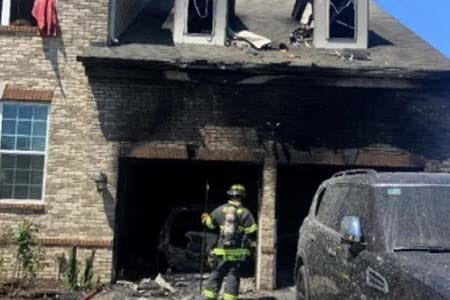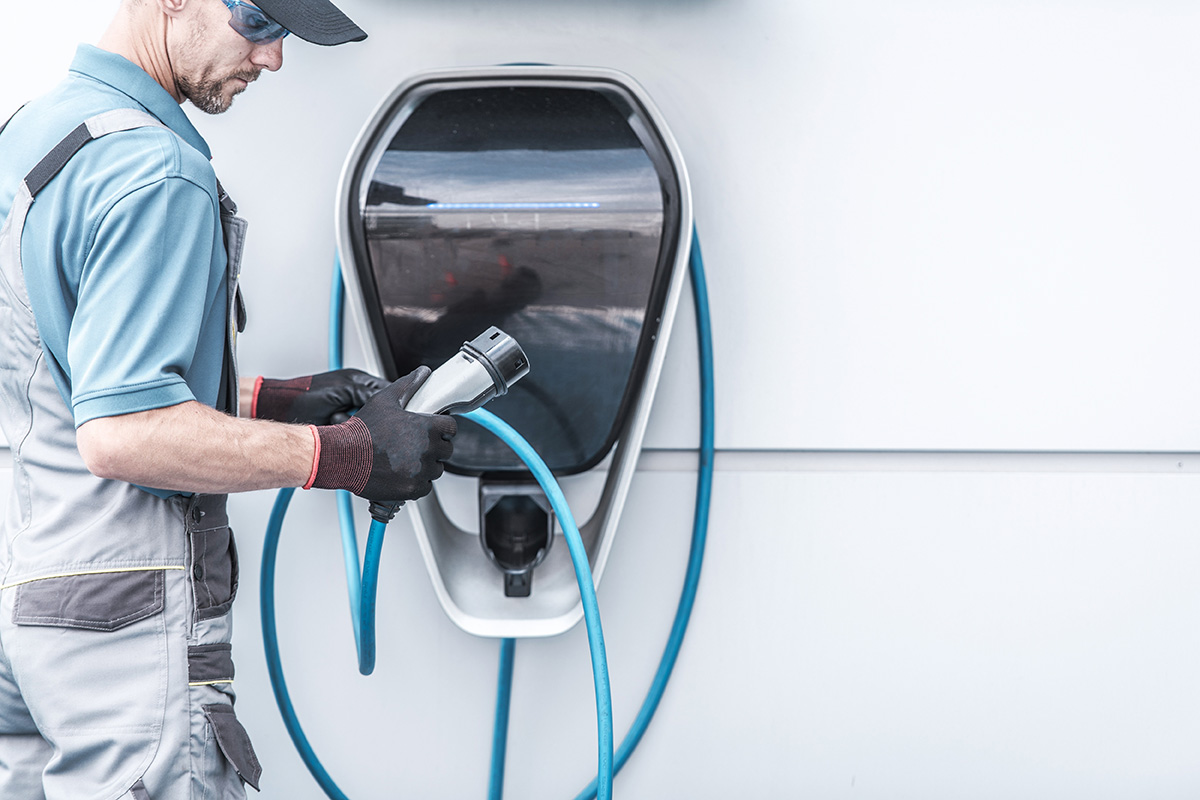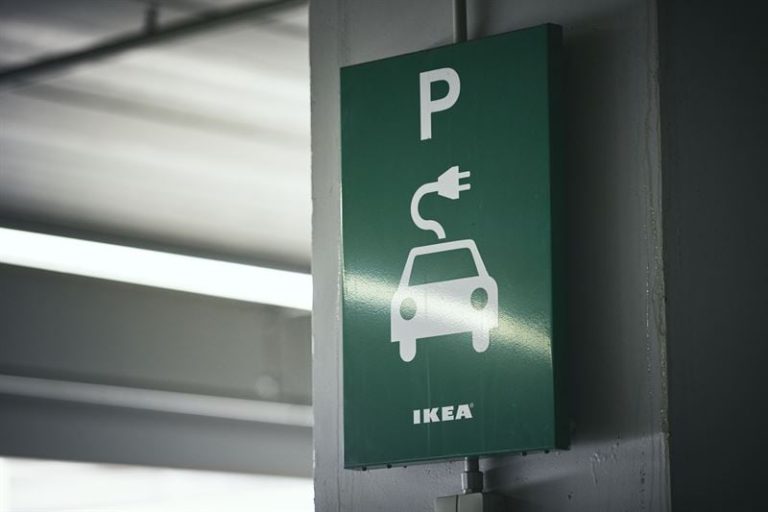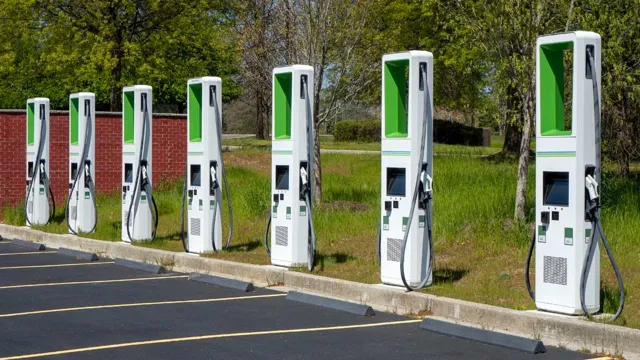Electric Car Charging Fire Risk Assessment: Safety Measures & Recommendations
As the world continues to shift towards sustainable and eco-friendly transportation options, the popularity of electric vehicles (EVs) has been on the rise. With the increasing adoption of EVs, there has been a growing need for electric car charging infrastructure. While the expansion of charging stations is a positive development, it is essential to address the potential fire risks associated with electric car charging.
Understanding the Fire Risks
Electric car charging stations are equipped with sophisticated systems designed to safely and efficiently charge EVs. However, the high voltage and energy transfer involved in the charging process can pose fire risks if not managed properly. The primary sources of fire risks associated with electric car charging include:
- Overheating of charging equipment
- Electrical faults or short circuits
- Battery malfunctions
- Improper installation or maintenance
These risks underline the importance of conducting comprehensive fire risk assessments for electric car charging installations.
The Need for Fire Risk Assessments
Fire risk assessments are critical for identifying and mitigating potential fire hazards associated with electric car charging. By conducting a thorough assessment, stakeholders can:
- Evaluate the existing charging infrastructure and identify potential vulnerabilities
- Assess the electrical systems and components for compliance with safety standards
- Identify measures to prevent overheating and electrical faults
- Evaluate the adequacy of fire detection and suppression systems
Furthermore, a comprehensive fire risk assessment can help ensure compliance with relevant safety regulations and standards, providing peace of mind to EV drivers, charging station operators, and property owners.
Key Considerations in Fire Risk Assessments
When conducting a fire risk assessment for electric car charging installations, several key considerations should be taken into account:
| Consideration | Importance |
|---|---|
| Charging Equipment | Assess the quality, integrity, and safety features of charging units |
| Electrical Infrastructure | Evaluate the electrical supply, wiring, and protection systems |
| Battery Handling | Implement protocols for safe battery handling, storage, and disposal |
| Emergency Response | Develop and communicate emergency procedures for fire incidents |
By addressing these considerations, stakeholders can proactively mitigate fire risks and enhance the safety of electric car charging facilities.
Best Practices for Fire Risk Mitigation
While conducting fire risk assessments is essential, implementing best practices for fire risk mitigation is equally important. Some best practices include:
- Regular maintenance and inspection of charging equipment and electrical systems
- Training personnel on safe charging protocols and emergency response procedures
- Utilizing fire-resistant materials in the construction of charging stations
- Installing appropriate fire detection and suppression systems
Additionally, ongoing monitoring and evaluation of electric car charging facilities are vital to ensure that fire risk mitigation measures remain effective over time.

Credit: www.usfa.fema.gov
Conclusion
As the electric car charging infrastructure continues to expand, prioritizing fire risk assessment and mitigation is paramount. By understanding the potential fire risks, conducting comprehensive assessments, and implementing best practices, stakeholders can promote the safe and sustainable growth of electric car charging facilities.
Ultimately, a proactive approach to fire risk assessment and mitigation will not only safeguard against potential hazards but also contribute to the long-term success of the electric vehicle industry.





